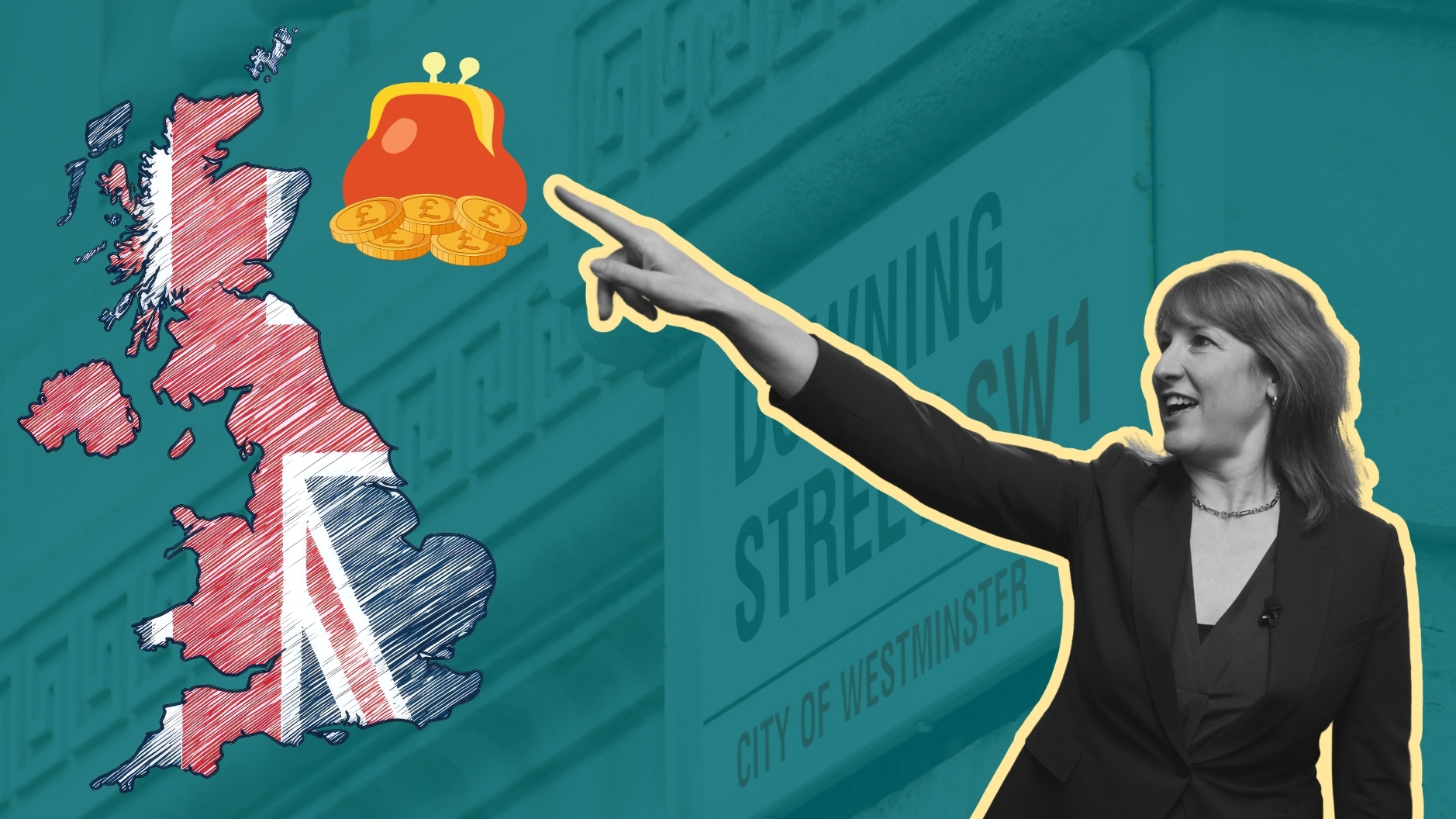Get the latest financial news, insights and expert analysis from our award-winning MoneyWeek team, to help you understand what really matters when it comes to your finances.
You are now subscribed
Your newsletter sign-up was successful
Want to add more newsletters?
After six weeks of coalition talks, Germany is finally about to form a new government. It wasn't worth the wait. The Grand Coalition agreement between the centre-left SPD and the centre-right CDU, likely to be ratified by SPD party members by 14 December, is a "leftish agenda that harks back to the era of Kraftwerk", says The Economist. The motor of Europe is in danger of stalling.
The agreement means that Germany is being "economically castrated", according to Wirtschaftswoche's editor Roland Tichy. It threatens to increase costs and red tape and undoes some of the helpful reforms of the past decade.
It sets a relatively high national minimum wage of €8.50 an hour, which is set to price many east Germans out of jobs and ends the flexible German tradition of allowing unions and employers to settle a minimum for each industry. That has underpinned German competitiveness. The pension age, raised to 67 in the mid-2000s, will be lowered to 63 for those who have been in work for 45 years. Chancellor Angela Merkel, "who has lectured the rest of Europe about the unsustainability of its welfare spending, will follow it down the same spendthrift road", says The Economist.
Try 6 free issues of MoneyWeek today
Get unparalleled financial insight, analysis and expert opinion you can profit from.

Sign up to Money Morning
Don't miss the latest investment and personal finances news, market analysis, plus money-saving tips with our free twice-daily newsletter
Don't miss the latest investment and personal finances news, market analysis, plus money-saving tips with our free twice-daily newsletter
The new government is also contemplating curbs on short-term employment contracts, which would discourage overall hiring. Labour market reforms a decade ago, under former SPD chancellor, Gerhard Schrder, created a low-wage segment of the employment market, helping those entering the workforce or previously excluded from it into work.
This process could now be reversed, says The Wall Street Journal. This is an especially bad time for Germany to crimp its long-term growth potential by spending more and rolling back structural reforms. It needs to improve its infrastructure and it has few top universities.
And there is still plenty of scope for structural change to its services sector, which is notoriously inefficient and inflexible. It helps explain why productivity growth has fallen in recent years. Growth in labour productivity per person in work was 1% a year between 1995 and 2005; between 2005 and 2012 it was just 0.5%.
Apart from productivity, whereby workers become more efficient, the other key driver of economic growth is the overall number of workers. And here a nasty demographic squeeze looms. The working-age population is set to fall by 12% between 2015 and 2030. So "it would require miracles of productivity in terms of output per worker for Germany not to lose ground", says Matthew Lynn in The Spectator.
So it really shouldn't have decided not to make use of its older workers by reducing the pension age. Meanwhile, Europe's stagnation has dampened Germany's growth too. Given this rapidly darkening long-term outlook, you can see why the European Central Bank's Jrg Asmussen fears that Germany could once again be deemed the sick man of Europe' in five to ten years' time.
Get the latest financial news, insights and expert analysis from our award-winning MoneyWeek team, to help you understand what really matters when it comes to your finances.
MoneyWeek is written by a team of experienced and award-winning journalists, plus expert columnists. As well as daily digital news and features, MoneyWeek also publishes a weekly magazine, covering investing and personal finance. From share tips, pensions, gold to practical investment tips - we provide a round-up to help you make money and keep it.
-
 What do rising oil prices mean for you?
What do rising oil prices mean for you?As conflict in the Middle East sparks an increase in the price of oil, will you see petrol and energy bills go up?
-
 Rachel Reeves's Spring Statement – live analysis and commentary
Rachel Reeves's Spring Statement – live analysis and commentaryChancellor Rachel Reeves delivered her Spring Statement today (3 March). What was announced?

